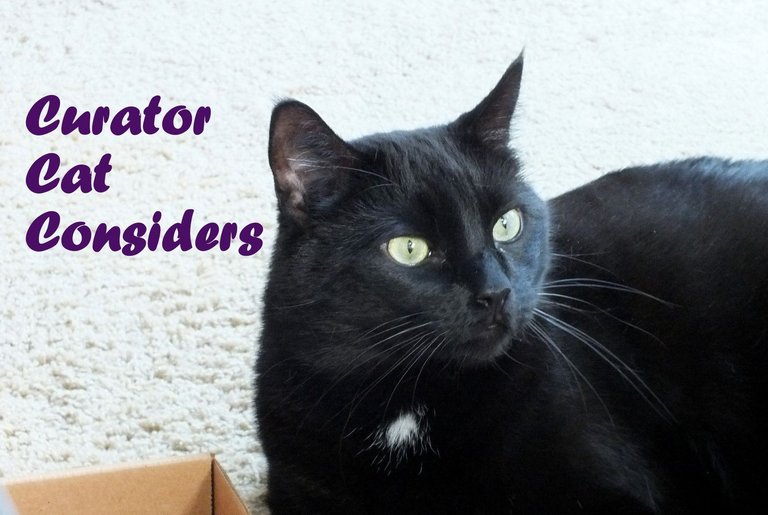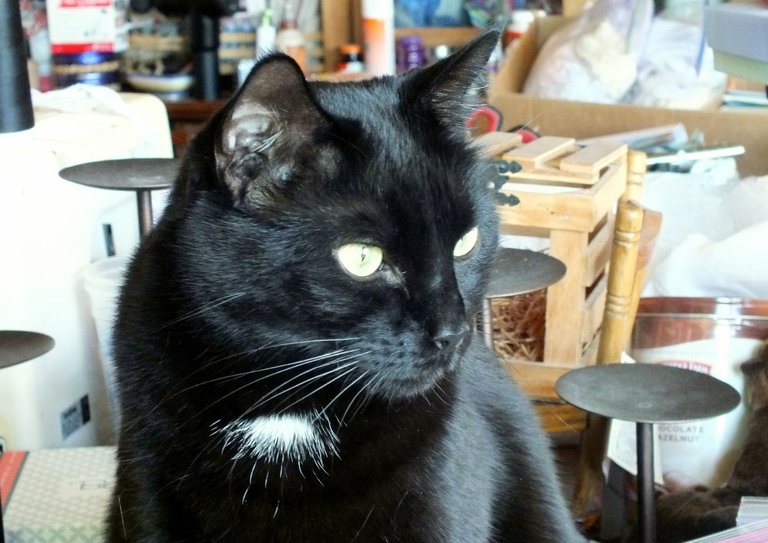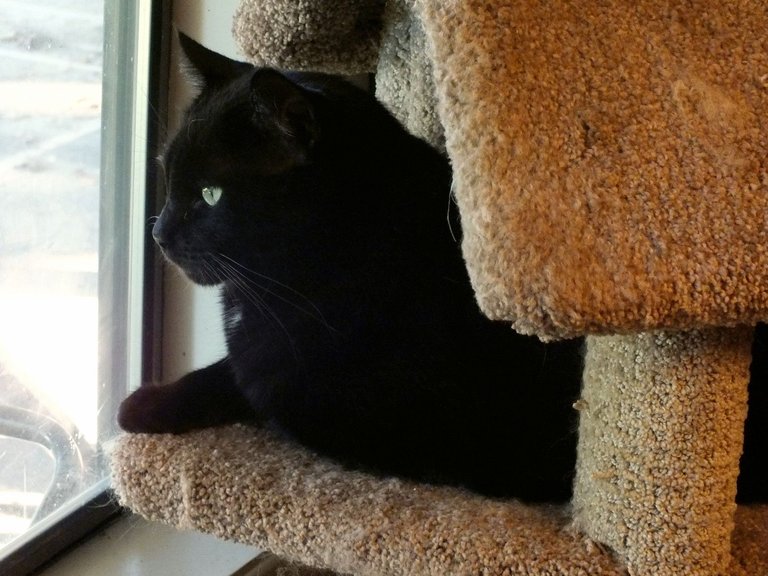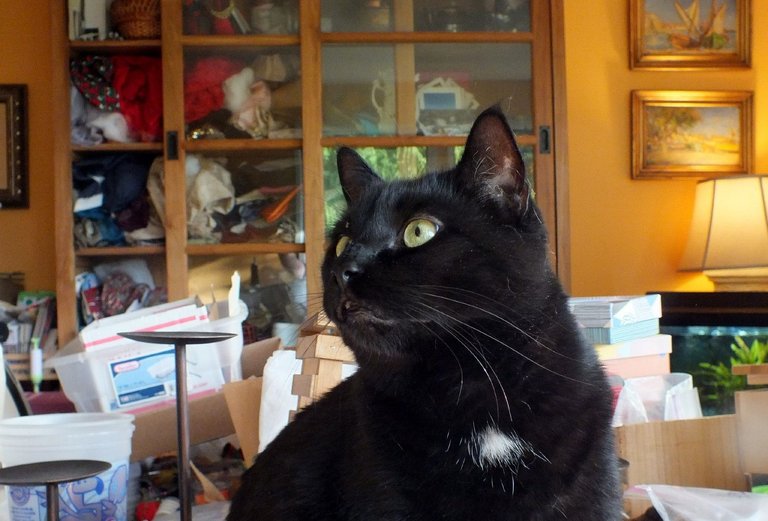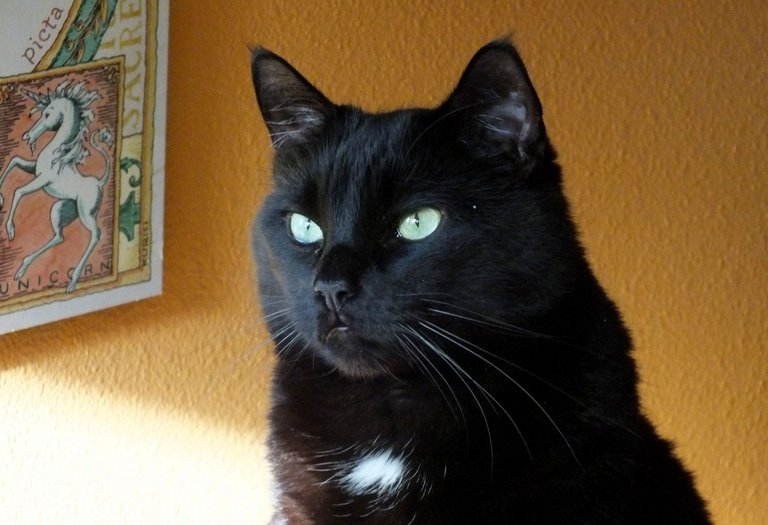Although it might be considered "blasphemy" to discuss such a thing as this, one of the things conventional social media has going for it — that Inleo/Hive does not, really — is that there is a pretty direct correlation between building audience and building success, on those external platforms.
Having been a blogger and web site builder for more than two decades, life in the outer world — whether on twitter/X, with your own blog or maybe with Facebook/Insta or YouTube — revolves around getting eyeballs to like your content enough that they not only visit, but they also subscribe and RE-visit.
The bigger your numbers, the bigger your "reward," in terms of ad revenue or revenue sharing or affiliate shopping or whatever your monetization gig is.
Arguments such as "deplatforming/censorship" and "privacy" aside — and let's be perfectly honest here, those concerns might apply to 5-10% of all content creators, on a good day — numbers are what matter. BIG numbers.
Hive is a little different, in that popularity isn't necessarily tied to rewards, and if the right curator likes your content, even not particularly appealing or original stuff can earn substantial rewards. And certainly, you can get decent rewards without your content having actually been seen by very many people.
I'm not here to criticize or debate the merits and flaws of either approach, but more to consider the community culture and motivation each one inspires.
When you are "building for audience," you have to consider providing something that is consistently funny or entertaining or educational in some way, so that people perceive that it adds value to their day; to their experience. We can't necessarily quantify "value" because there's (for example) a vast chasm between Tucker Carlson interviewing Vladimir Putin and Mr. Beast driving a train into a hole in the ground and someone creating a documentary on life in North Korea.
Consider, for a moment, the sort of stuff that makes you think "that was really cool! I want to show this to So-and-So!"
That's an example of value, even if the friends you send the link to aren't on the same page as you.
Regardless, though, there is an underlying motivation and encouragement to share something all over the place.
As I said, Hive is a little different. We tend to be very insular here, in large part because we live within a system that doesn't directly reward external promotion of our content.
If I were to share something I create here on Hive to my Facebook page with 100,000 followers, where's the benefit? Even if I can get 1,000 people to show up and read the article, how many of them are actually going to create a Hive account, just to leave a comment? Which would actually be my only tangible motivation to to do such a thing... since the few upvotes from a few new accounts would amount to basically zero.
And so, the Hive ecosystem revolves more about getting to know people within Hive; people who are already committed to the community.
On occasion, I have seen discussions on Hive concerning how we might attract some "influencers" to our community. Fair enough... but why would an influencer care about Hive? Even if I wrote blog posts that attracted 100,000 readers, what use would that be? 99,900 of those readers wouldn't be part of Hive, most likely.
As such, the best we could ever hope for would be for influencers who treated Hive as "on more outlet," and essentially recycled their content here.
Which has actually happened in the past... and if I'm not wrong, those influencers were blackballed and downvoted off the platform for duplicating content here.
Sorry folks, that's how content creation and sharing WORKS, folks!
Don't get me wrong, I love our Hive community... but there are some limitations inherent within our very structure that are likely to keep us a "niche platform" for many years to come.
Bringing on content consumers from elsewhere will likely remain a very slow and gradual process... led by our own existing creators sharing their work elsewhere even knowing that there's no reward in doing so... except the potential long-term growth of the community.
As always, thanks for visiting and feel free to leave a comment — this IS "social" media, after all!
